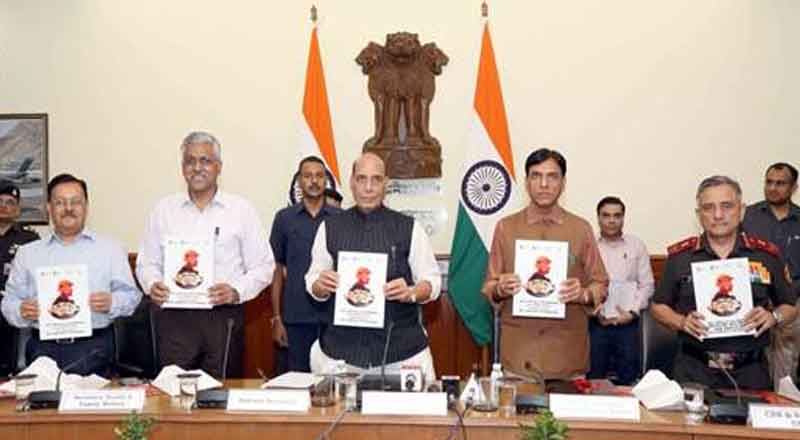Security teams are struggling with the acceleration of digital transformation and the sudden shift to remote working. Now data become a new currency. It’s the new oil if you are into commodities. The new superfood if you are in the food & beverage industry. The new gold; whatever you want to call it, data is what’s driving the world. The current economic uncertainty has accelerated many businesses’ digital transformation initiatives. Yet, the odds seem badly stacked against them – 78% of digital transformation efforts fail and only 20% of enterprises rate their transformation strategies as effective.
As our lives become more connected, cyber security has emerged as a top-of-mind issue for business leaders and governments right across the world. With cybercrime increasing, organisations of all kinds are regularly experiencing breaches that interrupt operations, compromise customer privacy and in the very worst cases irretrievably damage reputations or steal your intellectual property. Knowing exactly what data needs protection will help set priorities and develop a sound plan so budgets can be allocated, and resources can be assigned, minimizing security and compliance costs.
Secondly, in today’s decentralized workplace, it’s a challenge to safeguard people connecting via personal devices and to protect the data they are working with remotely and in the cloud. It is technically difficult for everyone to authenticate and authorize users to ensure that everybody is acting in our best interests.
There is a challenging times ahead, whatever data protection we use a question comes on ,when a computer can guess more than 100 billion passwords per second, whatever strong password we give or we change frequently, a concern is on if it is secure ? a good password might have been a word or phrase of as little as six to eight characters. But we now have minimum length guidelines. This is because of “entropy.” When talking about passwords, entropy is the measure of predictability. The maths behind this isn’t complex, but let’s examine it with an even simpler measure: the number of possible passwords, sometimes referred to as the “password space.”
If a one-character password only contains one lowercase letter, there are only 26 possible passwords (“a” to “z”). By including uppercase letters, we increase our password space to 52 potential passwords. However, the problem with depending on password complexity is that computers are highly efficient at repeating tasks – including guessing passwords. By leveraging this computing power, cybercriminals can hack into systems by bombarding them with as many password combinations as possible, in a process called brute force attacks. And with cloud-based technology, guessing an eight-character password can be achieved in as little as 12 minutes and cost as little as US$25. The fact is as computing capabilities increase, the solution would appear to be increased complexity. But as humans, we are not skilled at (nor motivated to) remember highly complex passwords.





